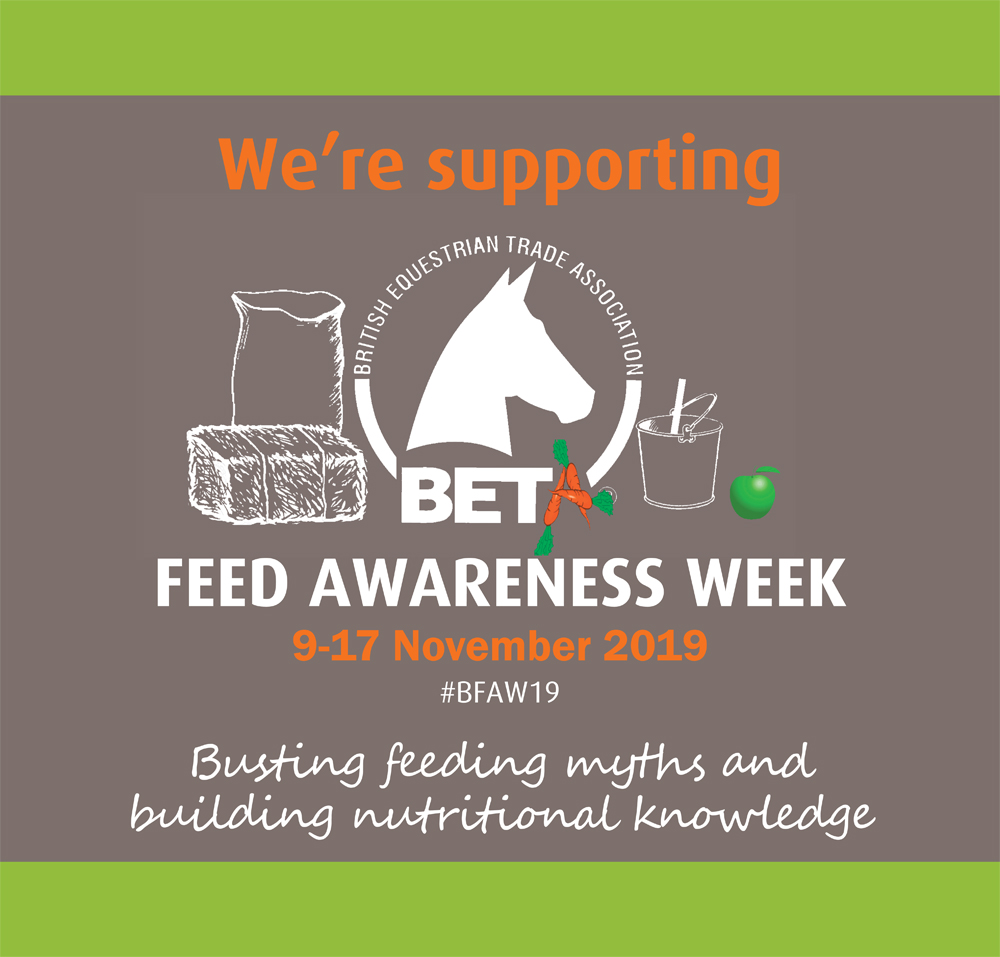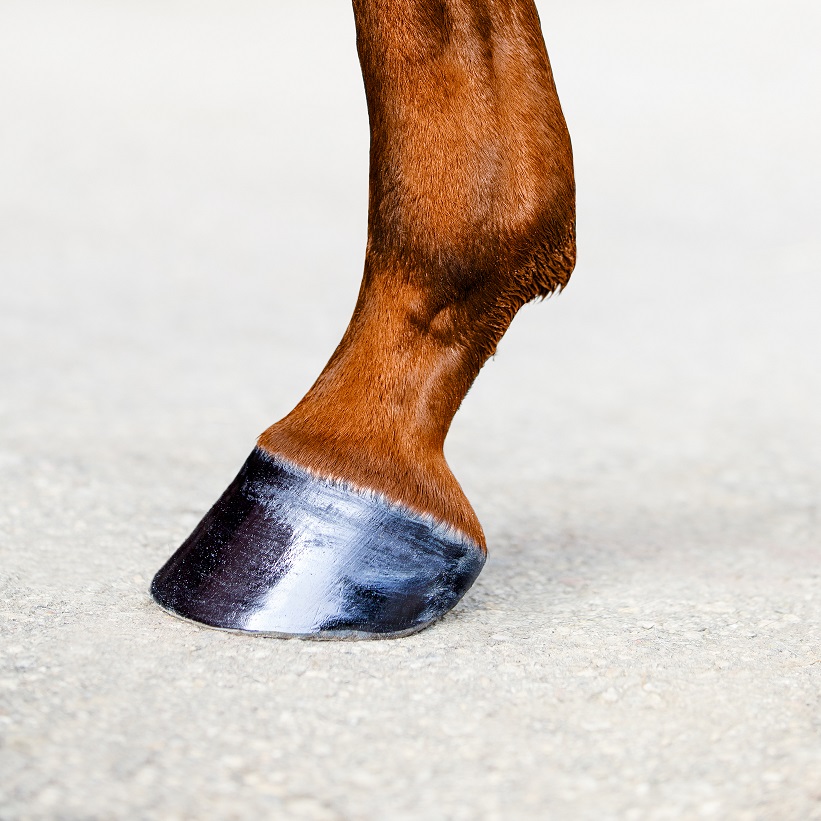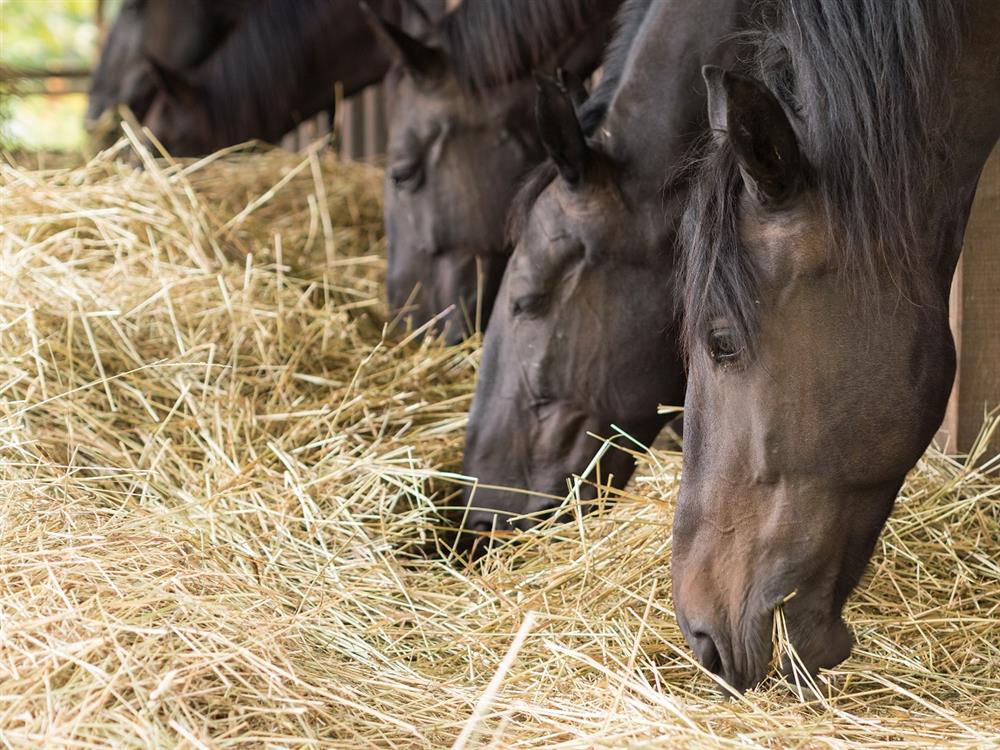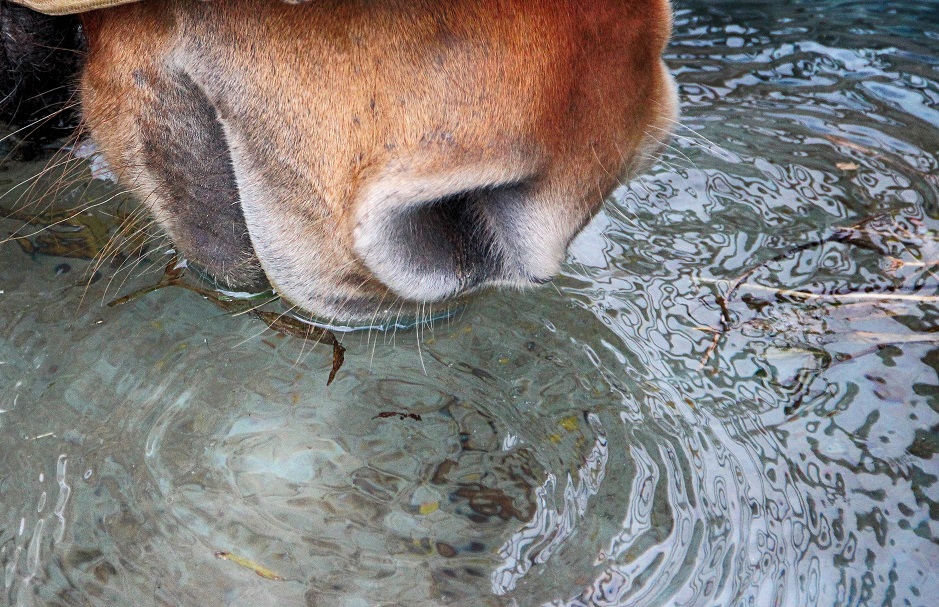Feedmark’s Tips for BETA Feed Awareness Week
BETA’s Feed Awareness Week is well and truly underway, so we thought we’d provide you with some fun facts and myth busters on equine nutrition...
⭐ Unlike humans, horses are not able to vomit if they have digestive upset! They have a sphincter connecting to the oesophagus which only allows food to pass one way to the stomach.
⭐ Horses have a small stomach and are trickle feeders, which is why feeds should be provided in small amounts but more frequently rather than in one large feed. Food only spends about 15 minutes in the stomach but about a day in the hindgut.

⭐ Horses do not have a gall bladder, instead bile is produced continuously by the liver in small amounts and transported straight to the small intestine to aid fat digestion.
⭐ Electrolytes should be fed every day, not just before and after competition. Although horses cannot store excess electrolytes, they will store what they need. By feeding them every day you will help to maintain your horse’s levels, be sure to feed the appropriate amount for the horse’s workload.
⭐ It can take up to a year to see the effects of hoof supplements because the hoof wall grows very slowly. Many contain Biotin which is a water-soluble B vitamin and therefore safe to feed long term.

⭐ Most hay, even very good quality hay, is unlikely to be providing your horse with all the essential vitamins and minerals that they need to thrive. These often include micronutrients such as Zinc and Copper. Getting your hay tested can be a useful way to find out what you may need to supplement your horse’s diet with.
⭐ Introduce forage gradually! Although many of us know to slowly introduce new feeds into our horses’ diets, it is equally if not more important to do the same with new types of forage, including changes in hay. This will give the horse time for its microbial population in the gut to adjust accordingly.
⭐ Is sugar beet high in sugar? In short… No, sugar beet pulp is low in sugar! The pulp is the product that is left after the sugar has been extracted.
⭐ If a horse is licking dirt it might not mean that it is lacking salt in its diet. Dirt eating, or geophagia, is a common occurrence in both feral and domesticated horses. It could mean the horse is lacking in a variety of different micronutrients or it could mean absolutely nothing! Offering good quality ad lib forage and a multivitamin and mineral supplement can help to prevent the habit.

⭐ Do grains cause colic? Horses that consume large quantities of grain are more at risk of colic but other management factors such as little or no grazing, poor quality hay and decreased water intake can increase the risk of colic. Diets higher in starch and sugar can also increase the risk of colic.
⭐ Can too much protein make your horse “fizzy”? Increasing dietary protein to the horse’s needs or above will in turn increase total feed intake. More calories mean more energy. However, there is no evidence to prove that protein has any effect on the horse’s behaviour.
⭐ Do weight issues occur only in relation to how the horse is fed? NO! Whilst the diet is often the reason for weight issues, a horse being under or overweight can be due to a number of conditions or diseases such as metabolic disorders, laminitis, parasites and dental problems.
⭐ Can giving a hot horse cold water cause colic? Research has shown that letting a sweaty, hot horse drink cold water does not increase the risk of colic or tying up. You should allow your horse to drink whenever they are thirsty as withholding water can lead to dehydration.


